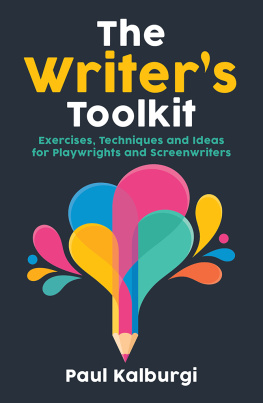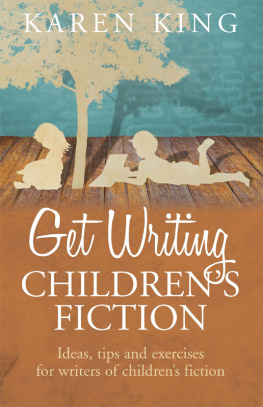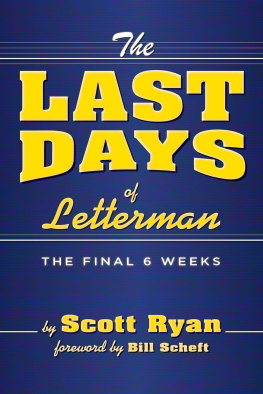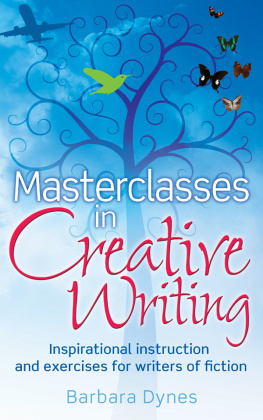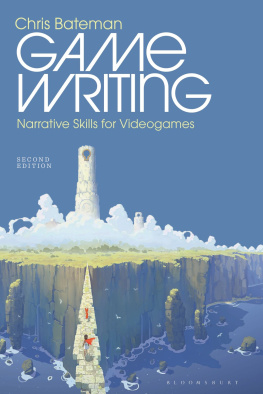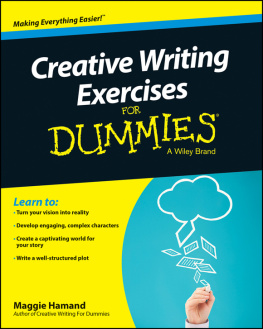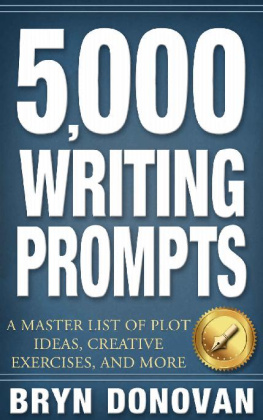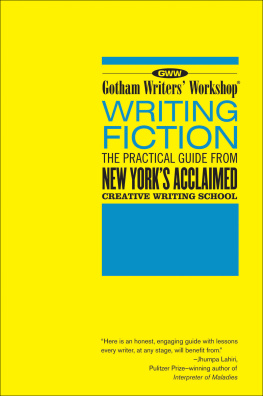Paul Kalburgi - The Writers Toolkit: Exercises, Techniques and Ideas for Playwrights and Screenwriters
Here you can read online Paul Kalburgi - The Writers Toolkit: Exercises, Techniques and Ideas for Playwrights and Screenwriters full text of the book (entire story) in english for free. Download pdf and epub, get meaning, cover and reviews about this ebook. year: 2020, publisher: Nick Hern Books, genre: Home and family. Description of the work, (preface) as well as reviews are available. Best literature library LitArk.com created for fans of good reading and offers a wide selection of genres:
Romance novel
Science fiction
Adventure
Detective
Science
History
Home and family
Prose
Art
Politics
Computer
Non-fiction
Religion
Business
Children
Humor
Choose a favorite category and find really read worthwhile books. Enjoy immersion in the world of imagination, feel the emotions of the characters or learn something new for yourself, make an fascinating discovery.
- Book:The Writers Toolkit: Exercises, Techniques and Ideas for Playwrights and Screenwriters
- Author:
- Publisher:Nick Hern Books
- Genre:
- Year:2020
- Rating:3 / 5
- Favourites:Add to favourites
- Your mark:
The Writers Toolkit: Exercises, Techniques and Ideas for Playwrights and Screenwriters: summary, description and annotation
We offer to read an annotation, description, summary or preface (depends on what the author of the book "The Writers Toolkit: Exercises, Techniques and Ideas for Playwrights and Screenwriters" wrote himself). If you haven't found the necessary information about the book — write in the comments, we will try to find it.
Perfect for playwrights and screenwriters of all levels of experience, The Writers Toolkit will equip you with everything required to kickstart your creativity, develop your craft, and make your writing the very best that it can be.
Written by an experienced playwright, screenwriter and producer, this essential book is packed with almost two hundred practical exercises, techniques and ideas for every part of your process, designed to be used either solo or in a group. It includes:
Writing warm-ups to focus your mind and get your creative muscles in gear
Dozens of exercises to strengthen fundamental elements of your writing such as developing characters, improving dialogue, layering in subtext, creating a strong setting and constructing a compelling plot
Immersive-writing techniques to lift the world of your script off the page and allow you to shape it more effectively
A blueprint for writing a ten-minute play a great way to practise your craft, explore a new idea and add to your portfolio
A Submission Surgery with exercises and pointers so you can review and fine-tune your completed work before sending it out
101 quick-fire writing prompts to help you warm up, take a break from your current project, or just keep you feeling productive
Also included are mindful meditations to use at the beginning and end of your writing sessions, to help you relax, boost your productivity and maximise your creative output.
Whatever you need as a writer whether thats to crack a problem in your current script, develop ideas for future projects, build up your skills and experience, or bust through writers block this book will give you the right tools for the job. So get writing!
A generous and inventive book, packed full of the creativity it is bound to inspire Anna Jordan, playwright and screenwriter (Succession, Killing Eve, Yen)
An enthusiastic, encouraging guide with endless tips to make every stage of the writing process not only doable but enjoyable too Diane Samuels, playwright and author (Kindertransport)
Paul Kalburgi: author's other books
Who wrote The Writers Toolkit: Exercises, Techniques and Ideas for Playwrights and Screenwriters? Find out the surname, the name of the author of the book and a list of all author's works by series.

